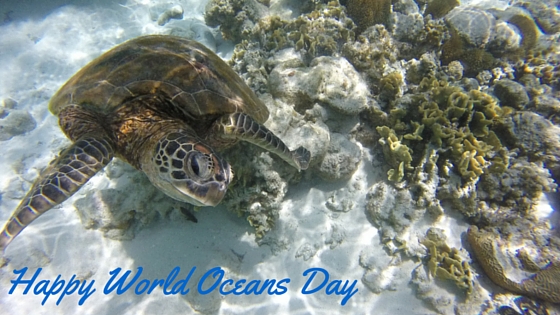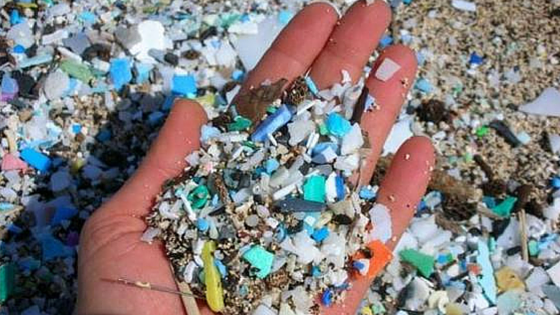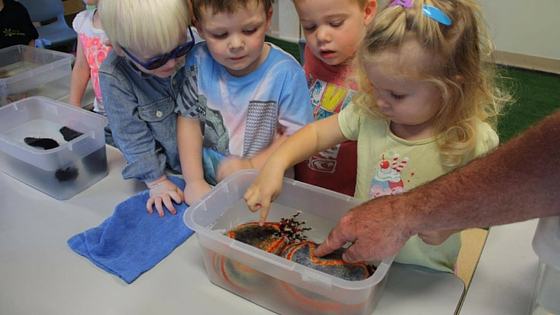
This year, 8 June marks World Oceans Day – a global day for celebrating our oceans which make up 70 per cent of the Earth’s surface and are home to a vast array of complex ecosystems.
“The ocean is the heart of our planet. Like your heart pumping blood to every part of your body, the ocean connects people across the Earth, no matter where we live. The ocean regulates the climate, feeds millions of people every year, produces most of the oxygen we breathe, is the home to an incredible array of wildlife, provides us with important medicines, and so much more! In order to ensure the health and safety of our communities and future generations, it’s imperative that we take the responsibility to care for the ocean as it cares for us.” – WorldOceansDay.org
This year’s World Oceans Day theme is “Healthy Oceans, Healthy Planet” and individuals across the planet are taking action for prevention of plastic pollution in our ocean.
The problem with plastic
Plastic pollution is a serious threat to both our oceans and our future. Plastic degrades very slowly, polluting waterways for a very long time with some plastics never being recovered because they eventually brake down into micro plastics.
Once plastic starts to break down into tiny pieces, it then impacts the health of our aquatic animals as they mistake microbeads for food and so begins its cycle through the food chain – you and I not excluded.

For these reasons, plastic pollution is an important message that we aim to deliver in most of our programs – including the Ocean Life Discovery for early learners and in particular, the Human Impact: The Earth Under Threat program for schools and vacation care students.
At Ocean Life Education, we celebrate our oceans and the animals that live within them every day.
We love taking our ocean creatures to visit young children and school students to learn about the amazing creatures that live in our oceans and waterways and why it’s important to protect those environments.

Ocean Life Discovery Program at New Leaf Early Learning Centre Forest Glen
What can you do?
You can celebrate the ocean every day too by thinking about how you can lessen your impact:
- Think about what you put down your sink – it all ends up somewhere! Start using Earth-friendly or natural products in your home.
- Pick up rubbish from the beach on your next walk, don’t just walk passed it and hope someone else will. If we all just took 3 items…
- Educate your children. Talk about the ocean, the animals that live and depend on it. Take them to the beach, your local river or go snorkelling. Share the wonder and inspire them to learn more.
Want us to come and deliver a fun and educational workshop at your centre or school? Contact us today!


